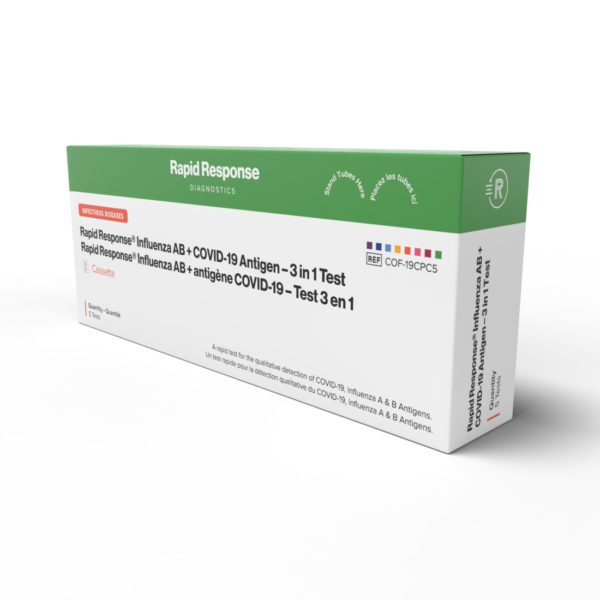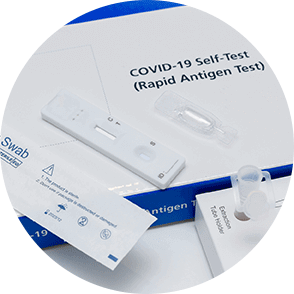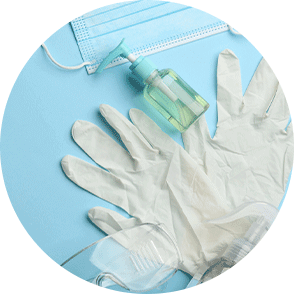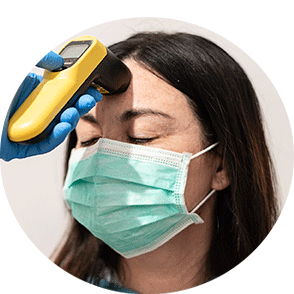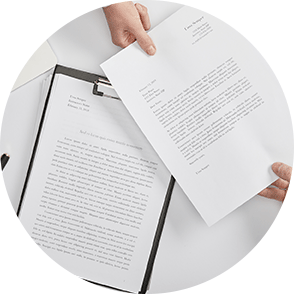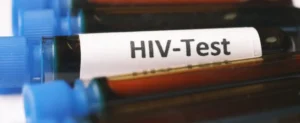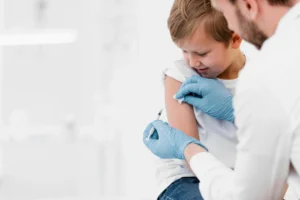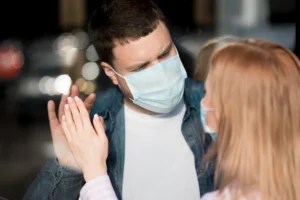Put Your Health to the Test
Find your answers with accurate rapid tests for:

Featured Products
-
(6 Reviews)Rated 5.00 out of 5$12.00
-
Rapid COVID-19 Tests
BTNX Rapid Response Influenza AB + COVID-19 Antigen – 3 in 1 Test (5 tests/box)
$55.00/box Add to cartRated 4.80 out of 5(5 Reviews)Rated 4.80 out of 5$55.00 -
SALE Volume Pricing
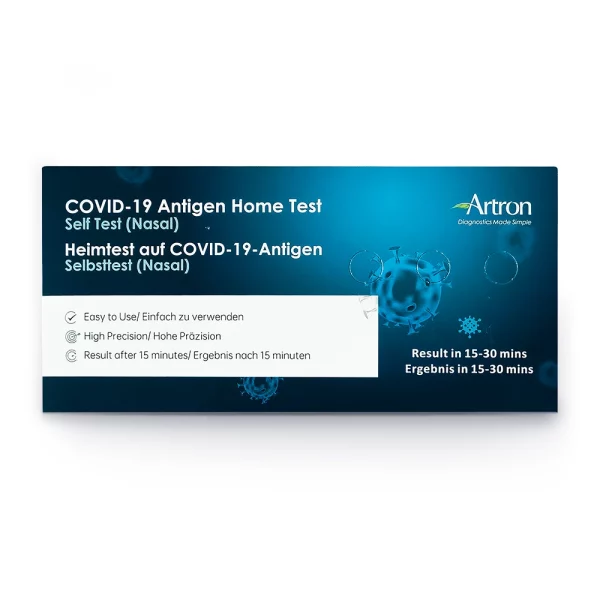 🍁 PRODUCT OF CANADA 🍁
🍁 PRODUCT OF CANADA 🍁Artron COVID-19 Rapid Antigen Test (5 Pack)
Rapid COVID-19 Tests$45.00Original price was: $45.00.$30.00Current price is: $30.00./boxRapid COVID-19 TestsArtron COVID-19 Rapid Antigen Test (5 Pack)
Rated 4.80 out of 5$45.00Original price was: $45.00.$30.00Current price is: $30.00./boxYou save $15.00 (33% Off) Add to cart(5 Reviews)Rated 4.80 out of 5$30.00
Trusted by Thousands of Customers
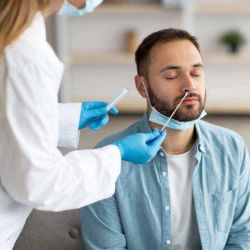
- Adrienne J.
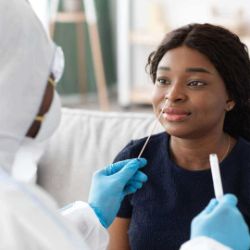
- Richard B.

- Amanda H.
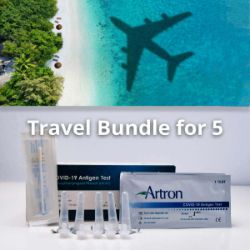
- M M W

- Sherry N.
As Seen In

FAQs
The standard delivery time is 2 to 4 business days from the date of purchase, however, orders placed before 11 am EST can expect same-day processing.
Rapid COVID-19 tests are a type of diagnostic test that can quickly detect the presence of the virus that causes COVID-19. With a small swab sample, one test kit can provide results in as fast as 15 minutes.
These tests can be self-administered at home or completed at the point of care, such as a clinic or hospital, and don’t require laboratory processing.
Rapid COVID-19 tests detect the presence of specific proteins called antigens, which are produced by the virus.
To administer the test, you need to take a sample from the patient with a nasal swab and then add the sample to a testing kit. The kit contains chemicals that react with the antigens in the sample if they’re present.
- Visible line or symbol on the test strip = Positive test result
- No line or symbol = Negative test result
A rapid antigen test may be recommended if you have:
- Symptoms of COVID-19
- Been in close contact with someone who has tested positive for the virus
- Been asked to quarantine due to potential exposure to the virus
Antigen tests can also be used to help determine if it’s safe for you to return to work or school after a potential exposure to the virus.
If you test positive for COVID-19, make sure to avoid any large events or social gatherings and try not to visit any high-risk settings such as hospitals or senior living centers.
You should also avoid close contact with any high-risk individuals, such as those with compromised immune systems and chronic health conditions.
Learn more by checking our helpful resources when it comes to what you should do if you test positive for COVID in Canada.
A negative COVID test result is definitely good news, but it doesn’t always mean that you’re completely free of the COVID-19 virus.
Rapid test results aren’t always 100% accurate, so repeat testing can help to improve the accuracy of your results and detect infection. Even if your initial rapid test comes back negative, you can proceed with additional testing 24 to 48 hours later, especially if you develop symptoms of COVID-19 or your symptoms worsen.
Both influenza (flu) and COVID-19 are contagious illnesses that affect the respiratory system and share many of the same symptoms, however they are caused by two separate viruses.
While the flu is brought on by an infection with influenza viruses, COVID-19 is caused by SARS-CoV-2.





